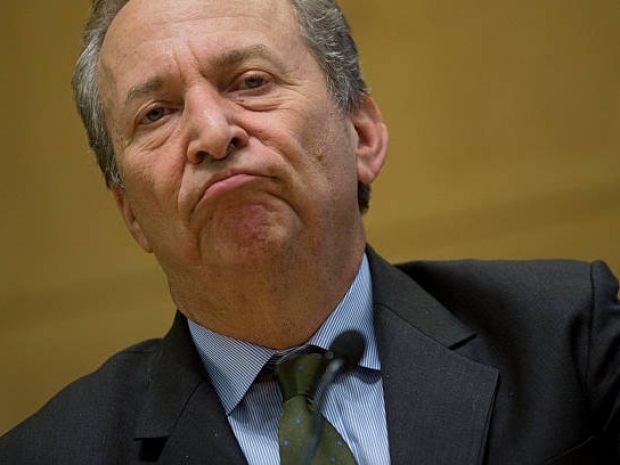Emails released by a House committee showed Summers pinging the late sex offender between 2018 and 2019 for guidance on a romantic mess, which quickly steamrolled his credibility and drew fresh attention to the breadth of his tech entanglements.
Summers said in a statement: “In line with my announcement to step away from my public commitments, I have also decided to resign from the board of OpenAI. I am grateful for the opportunity to have served, excited about the potential of the company, and look forward to following their progress.”
His retreat from public life followed the publication of Epstein’s correspondence, which showed a former US Treasury secretary using the disgraced financier as an agony aunt while still acting as a prized voice for tech giants.
Summers joined the OpenAI board in November 2023 after Sam Altman’s brief ejection and sat on both the for-profit OpenAI Group and the OpenAI Foundation.
The board said: “Larry has decided to resign from the OpenAI Board of Directors, and we respect his decision. We appreciate his many contributions and the perspective he brought to the Board.”
His departure matters because OpenAI was only the most high-profile stop on a tech circuit where Summers held multiple badges. He joined Square's board in 2011 and later served on LendingClub's board. He advised Atlas Merchant Capital, which splashes cash around the fintech world and had ties to energy tech outfit Palmetto. However, companies have recently scrubbed his mentions as the scandal snowballed.
These roles helped cement him as a go-to thinker for firms that wanted a friendly economist to open doors in Washington and lend gravitas to their big bets on AI and financial tech.
OpenAI’s other directors include Altman, Sierra co-founder and former Twitter chair Bret Taylor and Quora boss Adam D’Angelo, who once served as Facebook’s chief technology officer.
Summers has been dumping other posts at think tanks, including Yale’s Budget Lab, the Centre for American Progress, the Centre for Global Development and the Hamilton Project. The New York Times said it would not renew his column.
He told Harvard students he would stay on as a professor because he considered it “very important to fulfil my teaching obligations”.

